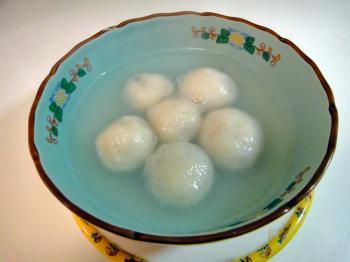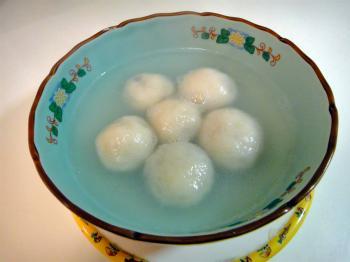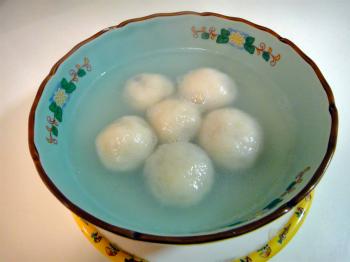The Chinese Lantern Festival
There are many legends about the origin of the Lantern Festival also called Yuanxiao Festival. It is on February 18th this year.

DELICIOUS: Cooked rice-flour dumplings, called Yuanxiao, are served for the Lantern Festival, which concludes the Chinese New Year celebrations. David Wu/The Epoch Times
|Updated:





